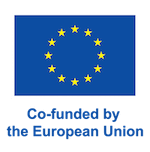eCAN advocates for access to health prevention and care on World Cancer Day 2023
This 4th of February, World Cancer Day, the eCAN Joint Action joins the three-year campaign #CloseTheCareGap and advocates for providing access to health prevention and care all over the world. Within its frame of work, as a European research project, eCAN is committed to closing the current care gap among EU countries by strengthening eHealth in cancer.
According to the European Beating Cancer Plan, “a number of indicators show major differences in cancer prevention and care between and within Member States”. As well known, early detection through different means (such as screening) is the best way to increase the chances of beating cancer. However, access to these prevention programmes varies considerably among countries. For example, national cancer programmes’ coverage of the target population ranges from 6% to 90% for breast cancer screening. The inequalities in access to prevention programmes evidence there is much work to provide equal access to health prevention and care.
Such difficulty does not only affect screening access but the entire disease pathway. eCAN aims to contribute to the cancer control continuum by boosting preparedness among the cancer care workforce in the virtual consultation and monitoring, improving healthcare workforces’ response in light of pandemics and crises, enabling cross-border cooperation, and reducing cancer care inequalities between rural and urban areas. Counting with the support of technological tools will enable to close the care gap in terms of prevention, early-detection, timely treatment and recovering.
Taking action is essential to respond to near-future projections on cancer incidence. According to estimated data, 2.7 million cases were diagnosed in the EU in 2020, which is expected to grow by a fourth by 2035. This means that in only 12 years, over 10 million people in the EU will be diagnosed with cancer each year.
The sheer scale of these numbers shows the dimensions of the problem. That is why the Europe’s Beating Cancer Plan is a key pillar for the European healthcare systems, since it also guides the development of national strategies focused on precision health, early-detection and the creation of a comprehensive health data space.
Reimagining healthcare systems
The 35 organisations involved in this Joint Action believe the sooner cancer is detected, the better the access to adequate treatment. Reimagining the healthcare system and harnessing the new digital tools at people’s disposal for developing new ways of receiving medical assistance and monitoring is the vision this joint action follows and will work until September 2024.
The use of these digital tools will play a key role in strengthening healthcare systems before possible pandemic outbreaks. COVID-19 has evidenced the need of telemedicine in order to not only preserve cancer control continuum, but to also help cancer patients’ mental health. According to a Dutch study, almost one in three breast cancer patients and survivors reported that their emotional functioning and mental health declined from pre-pandemic levels.
References:
Bargon, Claudia, et al. Impact of the COVID-19 Pandemic on Patient-Reported Outcomes of Breast Cancer Patients and Survivors. NCI Cancer Spectrum, Volume 5, Issue 1. (2021)
OECD/European Union, Health at a Glance: Europe 2022: State of Health in the EU Cycle, OECD Publishing. (2020)
![]() Co-funded by the European Union. Views and opinions expressed are however those of the author(s) only and do not necessarily reflect those of the European Union or HaDEA. Neither the European Union nor the granting authority can be held responsible for them.
Co-funded by the European Union. Views and opinions expressed are however those of the author(s) only and do not necessarily reflect those of the European Union or HaDEA. Neither the European Union nor the granting authority can be held responsible for them.




 OECD
OECD